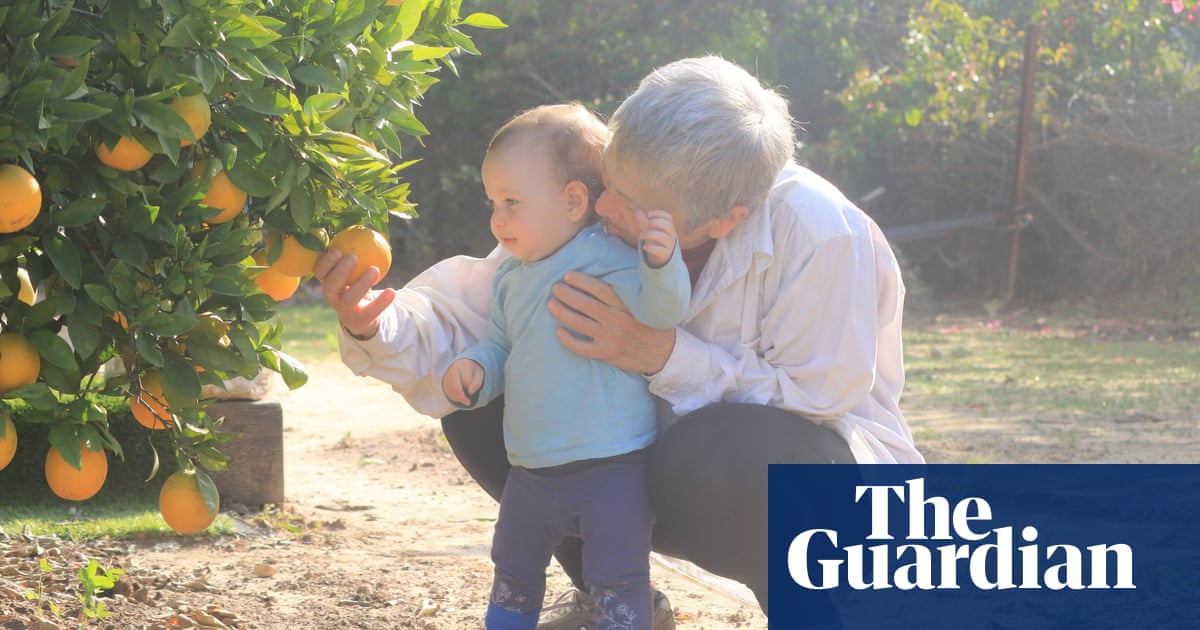
Charlotte Higgins makes the familiar charge that “Arts funding has collapsed under 14 years of Tory rule” (Opinion, 19 March). Frankly, we are in a different universe from 14 years ago. All government ministers and departments now agree, as Higgins says, “The arts are one of Britain’s strongest suits.” The Treasury has set creative industries as one of five key sectors of economic growth, adding billions of permanent tax relief support to help fund work, from film to orchestras.
During the pandemic, the arts was the only sector to receive its own support package from the £2bn culture recovery fund. The last Arts Council England budget was increased (not cut), bringing 275 new organisations around the country within its portfolio. Levelling up funds have prioritised further billions in cultural projects. Places such as Liverpool, Bradford, Barnsley, Leeds and Waltham Forest continue to invest in culture – understanding what it means for society. I could go on and talk about the opening of the Aviva in Manchester or the incredible East Bank quarter in Stratford.
More funding is always welcome, but don’t give any future government an easy ride. They must start from here – where culture is at the centre of government plans, not at the margin.
Neil Mendoza
Former commissioner for culture (2020-23), Department for Digital, Culture, Media and Sport
As a musician, I’ve played for St John’s Voices several times under Graham Walker and it’s always been an absolute joy (Axing of Cambridge mixed choir ‘regressive move for women’, say supporters, 21 March). This is just the latest in a growing list of casualties of a starving music education sector, which has seen the recent closure of the departments of music at Kent and Oxford Brookes. Meanwhile, Goldsmiths is making at least a quarter of our entire academic staff redundant (130 full-time equivalent) all in the arts, humanities and social sciences, including my department, music.
Any new government needs to understand that proper funding in education from early years to the highest level is essential for the arts to thrive. There’s no suggestion, however, that the current government cares beyond token gestures.
Dr Alexis Bennett
Goldsmiths, University of London
James Purnell is right to advocate balanced funding across the whole educational spectrum, but wrong to perpetuate three damaging myths in doing so (Letters, 25 March).
The first is to see the value of educational courses as being in terms of their economic input and contribution to growth. Education must always be about far more than that. The second is to see the arts and the sciences as separate and in competition with each other and, even worse, to use their wealth creation potential as the yardstick. Third, and perhaps worst of all, is to appropriate creativity as being unique to arts subjects. I wanted a creative career after school and I chose to study physics. The greatest creative mind of the last century was Einstein, whom we would label a scientist.
I’ve studied and worked across the traditional arts and science sectors over five decades and came to the conclusion long ago that there is no meaningful or useful distinction between an art and a science. These are outdated and overlapping labels for the same thing and it would be very beneficial to abandon them. Creativity, meanwhile, belongs to everyone and every discipline there is.
Andrew Dailey
Pantymwyn, Flintshire












